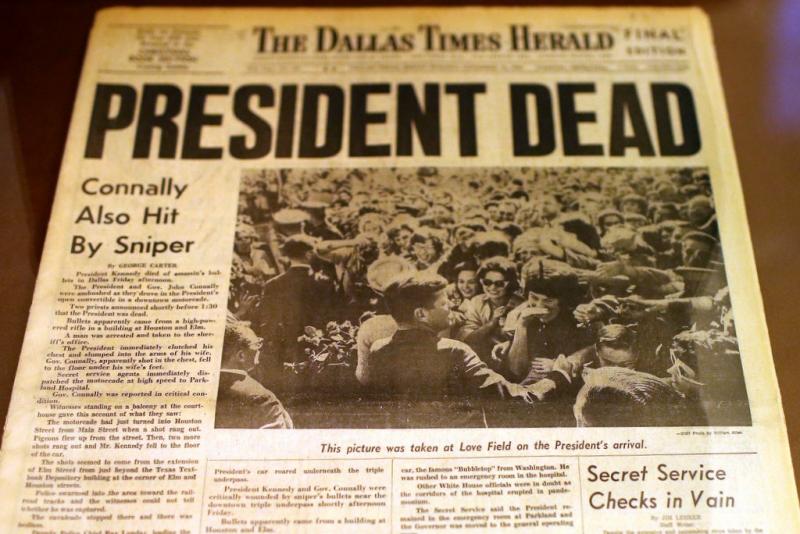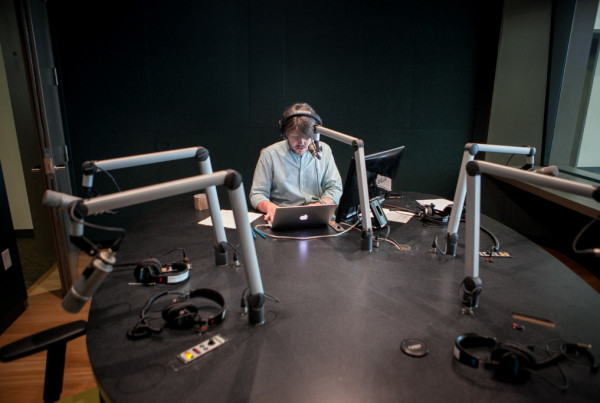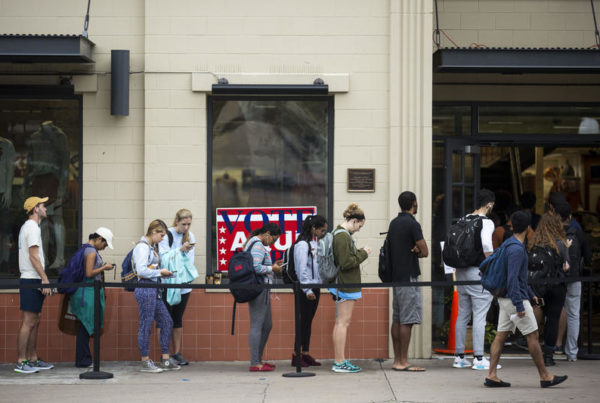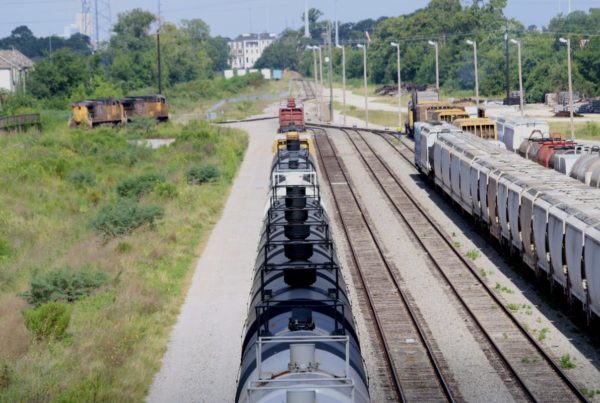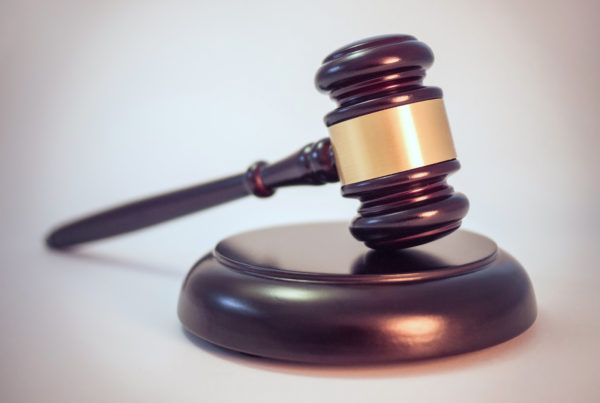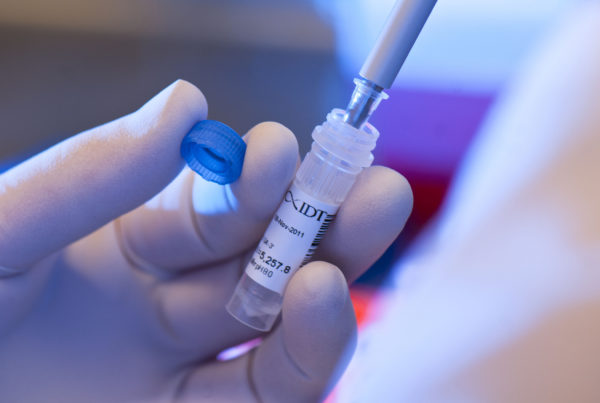Last October, the National Archives began releasing a long-anticipated trove of files related to the assassination of President John F. Kennedy. Last week’s document release was supposed to be the final batch, but not all of the files made it out of the archives. The White House deemed 520 documents too sensitive to be released.
McClatchy Investigative Reporter Kevin Hall says that in addition to the 520 documents being fully withheld, another 15,000 were released with partial redactions. Hall says this is because some documents are the records of sealed court cases, or were given to the National Archives under the stipulation that they not be released for a certain number of years.
“When this 25-year window began in 1992 to wind down the clock, it was because you had people who might have been in their 30s at the time of the assassination who might have been an informant in, say, Cuba, or might have been an informant in the Soviet Union, now Russia,” Hall says. “The idea was to give this window, they would die and they wouldn’t suffer repercussions if it became known, but what they’ve determined now is that even after some of these people have died their relatives can suffer repercussions.”
The newly-released documents could tame rampant conspiracy theories surrounding the JFK assassination. Subduing these theories has not been an easy task, because of various mistakes and inconsistencies seen in autopsy reports, lost documents and added fingerprints on the murder weapon.
Hall has pursued “the two Sylvias” theory, which deals with Silvia Odio from the Dallas/Fort Worth area and Sylvia Duran from Mexico City. Duran, who worked at the Cuban embassy, was also Lee Harvey Oswald’s lover. But this information did not come out in the Warren Commission report, following the assassination, and was not released until the 1970s.
“The CIA has said ‘We have transcripts, we have every taped phone conversation from this consulate,’” Hall says. “Those haven’t seen the light of day. These documents are shedding light in a broader context, if you’ve had a conspiracy theory, if you think the Cubans, the CIA, the Russians, the mafia, any one of those theories is actually advanced by the inconsistency in the investigation and kind of this haphazard way information has come forward.”
Information about “the two Sylvias” was revealed in earlier document releases, and also from Hall’s motivation to confirm information in the redacted and unreleased material.
Odio stated that she had seen Oswald at a party in the Dallas area, a week before Kennedy was killed.
“One of the things that was never really made clear was why they didn’t take [Odio] more seriously,” Hall says.
The release of the archives marks an effort to address suspicion and distrust that has emanated in the United States as seen with the Vietnam War.
“This is why these archives are so important because they kind of go to the heart of what a democracy, or what our democracy, is really about. We keep these records so that people down the road can see the mistakes and learn from them.”
The politicization of the FBI has been a trend since J. Edgar Hoover’s 50-year tenure.
“This isn’t a new trend, this has been a strain in our national psyche for the better part of 50-60 years,” Hall says.
Written by Elizabeth Ucles.


